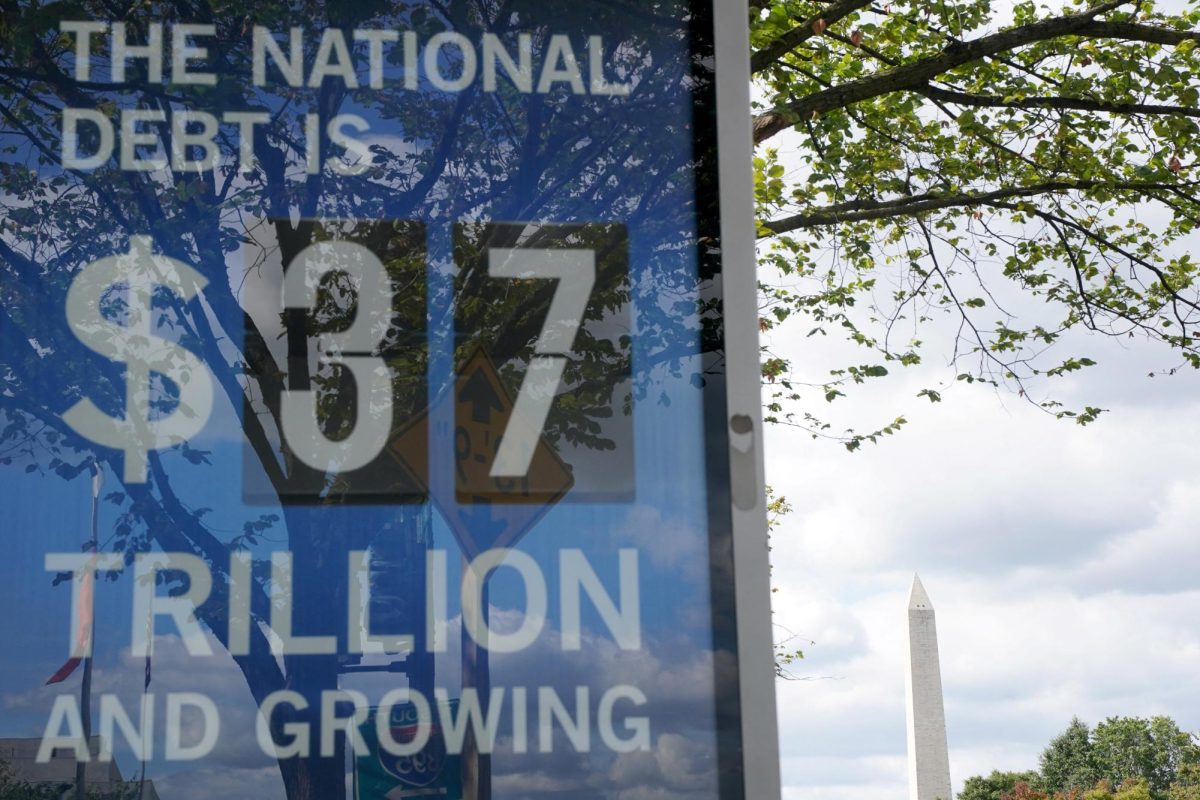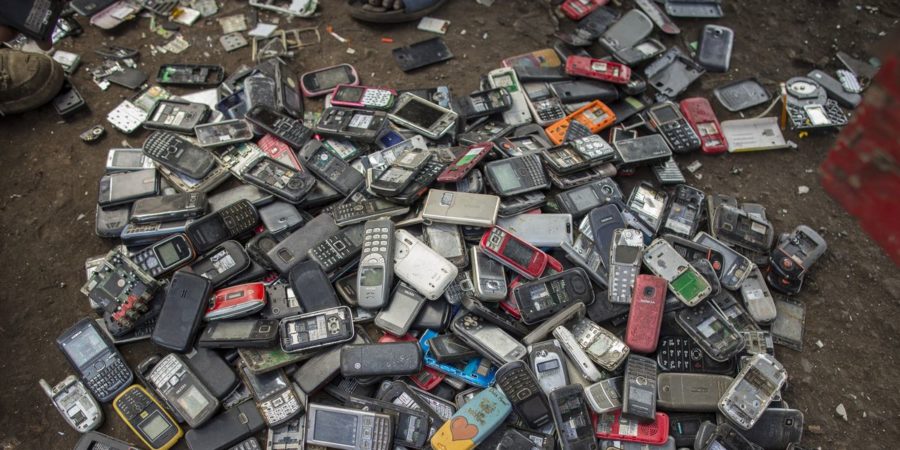The Ugly Truth About Smartphones
Have you ever stopped and thought to yourself how lucky we are? Our generation in this community has pretty unlimited access to data. Most of us carry around in our pockets for computing power and storage capacity than NASA’s first manned flight to the moon. This is a time to be alive and for most of us we are privileged to have access to smartphones that we sometimes take for granted.
With these smartphones in our pockets we talk to our friends and family, exchange messages on social media, watch videos and listen to music, we can use them to purchase things. For most of us these phones have become the main center point of our identities.
Now imagine how panicked people are when they think they’ve lost their phone. All the information that is on there has been lost and nobody can contact them. It’s like being lost.
Now consider there is a whole group of people in our community that don’t have phones. They can’t do the most basic things that we as teenagers can do such as leave a phone number to a potential landlord for a new apartment, or talk to a potential employer about a new job or complete banking transactions without going into a bank office.
According to statistics by the US Census Bureau, smartphones are present in 84% of US households. That means that 16% of households don’t have a smartphone. In fact there are over 300 million smartphones in the United States today. But despite these huge numbers there is still a meaningful number of less privileged people who don’t have this basic and fundamental device.
Roughly a quarter of adults with household incomes below $30,000 a year (24%) say they don’t own a smartphone. Without a smartphone, it is getting harder and harder to do some pretty basic things in society, such as open a bank account, rent an apartment, keep in touch with an employer, coordinate with family members, to name just a few. Not to mention these people miss out on learning tools and critical information available on the internet.
While there is clearly a technological gap, there is another dimension to this issue of the proliferation of smartphones and that is the environmental damage caused to the planet by so much smartphone production and consumption.
Every year 150 million phones are thrown away in America. Imagine if just a portion of these were recycled or repurposed for users who don’t even have a phone. According to an article by Android Headlines, for every million phones recycled 35,000 pounds of copper, 770 pounds of silver, 75 pounds of gold and 33 pounds of palladium could be recovered.
Not only is the production of these phones causing scarce resources to be extracted from the planet but it is also adding to the waste in our landfills and oceans. Every year, the world produces nearly 50 million metric tons of electronic waste – commonly referred to as E-waste according to internet data source Statista. That’s 7 kg of waste per person per year. Smartphones are a large and growing portion of this.
One other concerning fact about smartphone production is the possibility of child labor or forced labor to produce them. Just looking at one segment of the supply chain reveals how big this problem could be. According to UNICEF, it’s estimated that 40,000 children work as miners in the Democratic Republic of the Congo (DRC), which supplies nearly half of the world’s vital cobalt, used as a critical ingredient in smart phone batteries.
Clearly there is a lot of waste, rare earth materials and forced labor going into the production of smart phones every year.
Now people might be asking, “what can I do about this?” The answer is pretty straight forward, don’t waste phones. Treat it with care and think carefully about the hidden costs that go into making phones. The other thing we can do is recycle or repurpose old phones in people’s houses. Give them to an organization that will help prepare them for people who need them. And next time before considering upgrading, slow down a little and try to use the first phone before worrying about the latest and greatest features.
If you want to do something immediately, go through your house, ask your friends and families, if you can donate old unused smartphones to a charity that will clean them up and give them to people in need. Revival Tech is a new charity that will collect your phones, use donated funds from others to clean them up and donate them to homeless, battered women, elderly, or runaway children that need help with some basic technology. Go here to find out more to either donate old technology or make a financial contribution toward helping with this issue: https://www.revivaltech.net/donate





















































